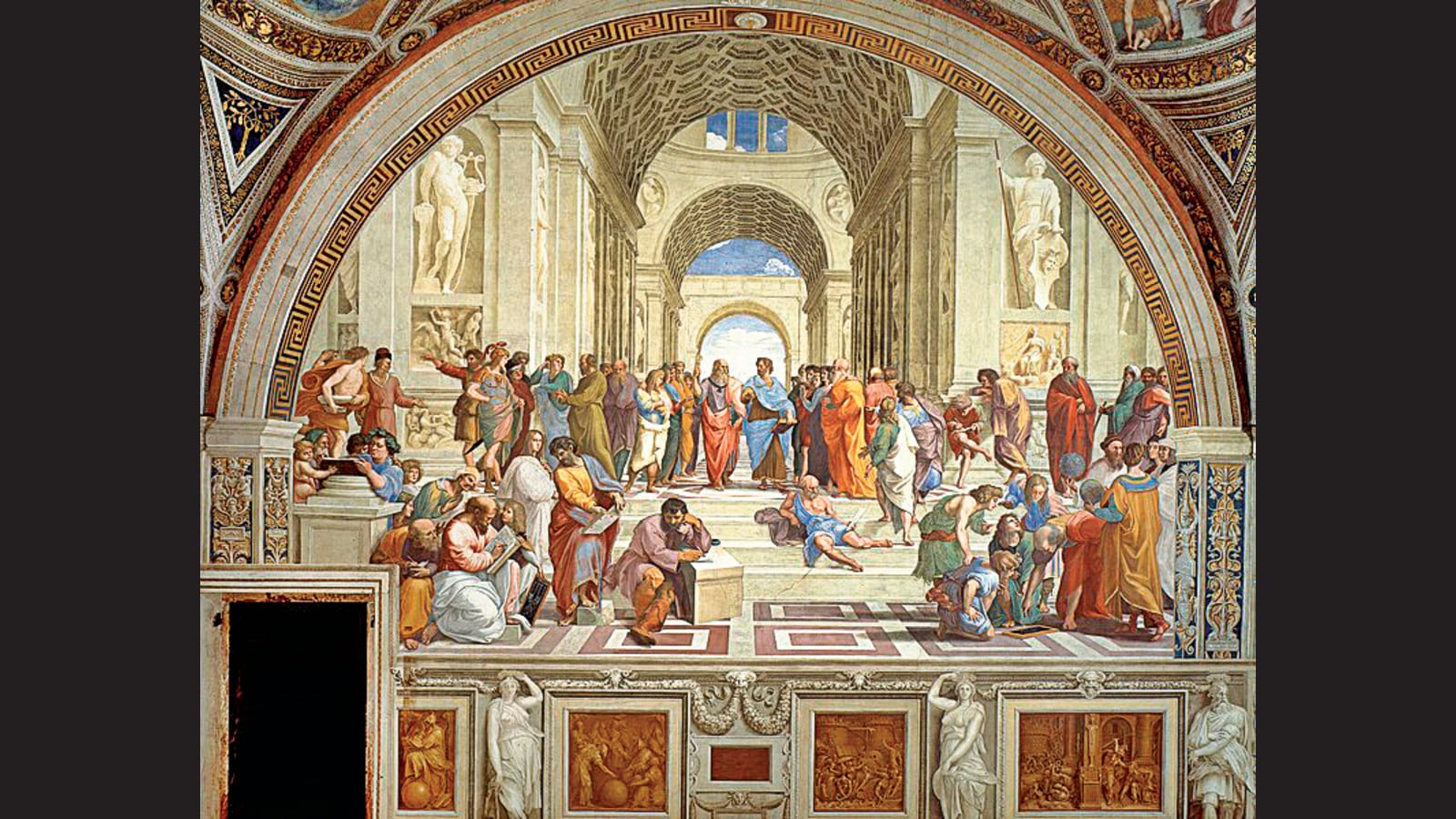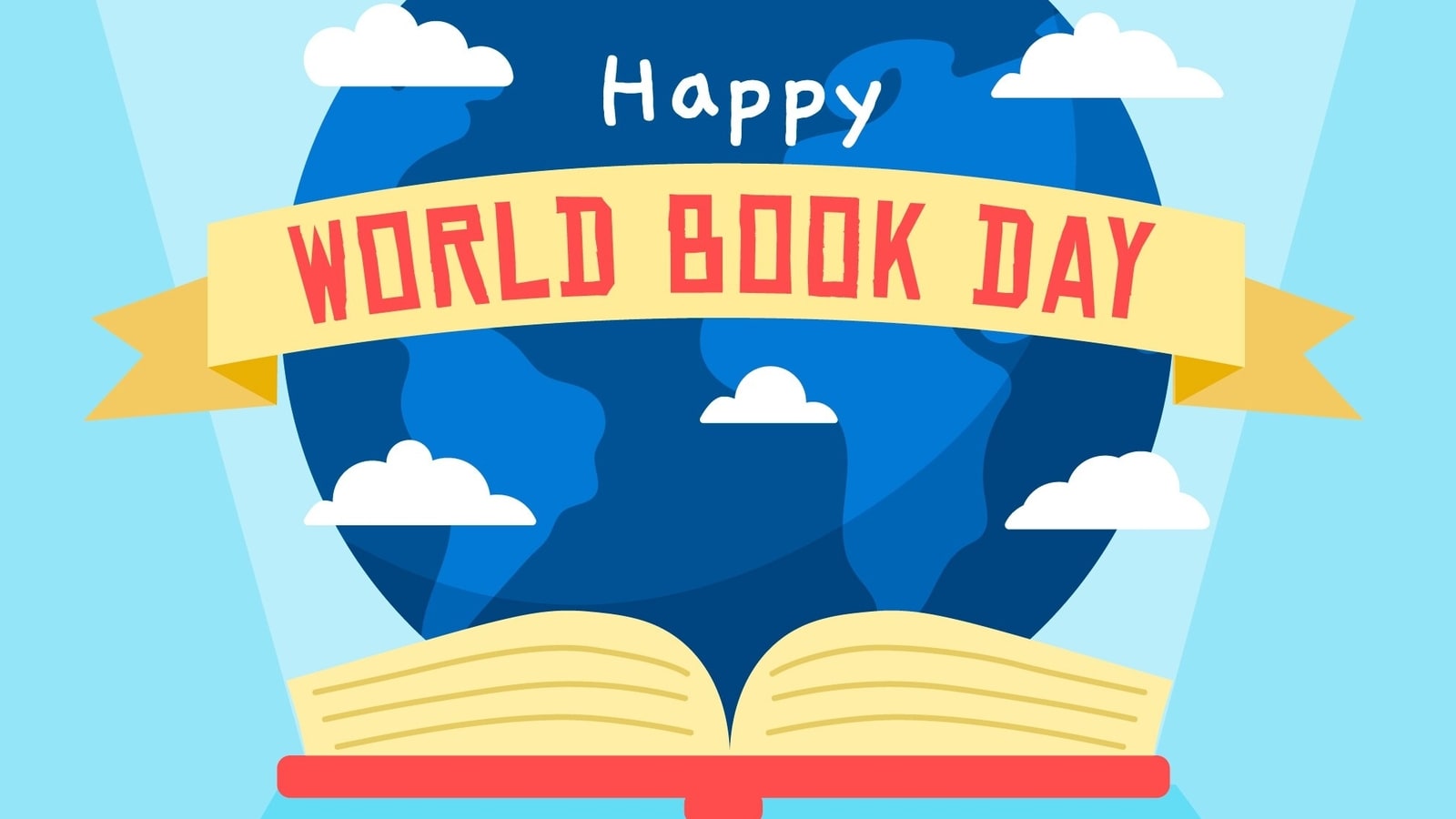
[ad_1]
I know how to ask great questions that don’t appear to follow a pattern, my otherwise-critical mother said to me recently. She added that she has noticed how I then link seemingly unrelated dots to form a coherent narrative. This is a good trait to have, she concluded rather reluctantly.

I have worn this compliment as a badge of honour ever since it arrived. After all, a Malayali mother’s approval does not come easily. Winning it can feel like winning an Oscar in the Best Son category. To my mind, her words also suggest that I have made progress in my mission to become a Renaissance Soul.
Why this mission? That goes back to the impressionable years, when I was first introduced to the works of thinkers such as Fritjof Capra. The scientist, philosopher and best-selling author of books such as The Tao of Physics (1975) argued that we should learn to look at life as a system. This sounded counter-intuitive even then, in a world already worshipping at the altar of hyper-specialisation.
But it is Renaissance Souls who have shaped the world, since the earliest traces of our civilisation. People such as Marie Curie, Albert Einstein, Steve Jobs and Jeff Bezos. These are people who defy categorisation and flit between disciplines, driven by an insatiable curiosity. They have an instinct for connecting all kinds of dots to see the story that others miss.
Leonardo da Vinci, the original Renaissance man, was an artist, engineer, anatomist and inventor. His notebooks overflow with sketches of flying machines alongside meticulous dissections of the human body. His understanding of anatomy informed his artistic renderings, while his artistic sensibilities shaped his approach to engineering. This ability to cross-pollinate ideas is what leads to ground-breaking innovation.
We all have Renaissance people in our midst. An equities investor I know is driven also by an interest in biology and technology, a passion for literature, history, classical music and poetry, and a belief in the vital role of storytelling. I have a journalist friend who can diagnose an automobile by listening to its engine sputter, with the same ease with which he navigates hidden bylanes in Mumbai and Coimbatore.
Watch out for dilettantes posing as Renaissance people, flitting from one fad to another. The true polymath possesses a depth of knowledge of multiple core domains, and yearns to see the connections that lie beneath it all.
What makes such souls special is not just the breadth of their knowledge but the agility of their minds. Imagine a world where silos don’t exist, where the engineer can discuss philosophy with the artist, and the doctor finds inspiration in the poet’s metaphors.
Renaissance souls are the architects of such intellectual bridges. They possess a fundamental belief in the interconnectedness of knowledge, a belief that fuelled the intellectual explosion of the Renaissance itself.
And while not everyone can or should be a da Vinci, Einstein or Jobs; while depth and expertise in a single field are to be highly prized too; the Renaissance soul reminds us that true mastery often lies at the intersection of disciplines.
Today, I believe this matters perhaps more than ever. Amid seemingly insurmountable challenges (the climate crisis, the tilt towards the Right), in a world that prizes efficiency above almost all else, the Renaissance soul insists on viewing the world with a vital dose of wonder. They remind us that the human experience is meant to be vast and varied, driven by a spirit of exploration and connection.
Of course, there are challenges. Such a soul might struggle to find a professional niche. They might feel they aren’t quite good enough at any one thing. But these are challenges worth embracing. The satisfaction of a life well-lived is not measured by the time we spend in silos, but by the breadth of understanding and richness of experience gained.
This is why a famous quote, often attributed to Michelangelo, matters: “The greatest danger for most of us is not that our aim is too high and we miss it, but that it is too low and we reach it.”
The Renaissance soul embodies this sentiment, rejecting the easy goal, the life pre-packaged and pre-defined. They must reach for a life that is endlessly fascinating, ever-evolving and deeply human. Perhaps this is the most aspirational goal of all, one that is both a romantic ideal and an act of defiance.
(Charles Assisi is co-founder of Founding Fuel. He can be reached on assisi@foundingfuel.com)
[ad_2]
Source link








